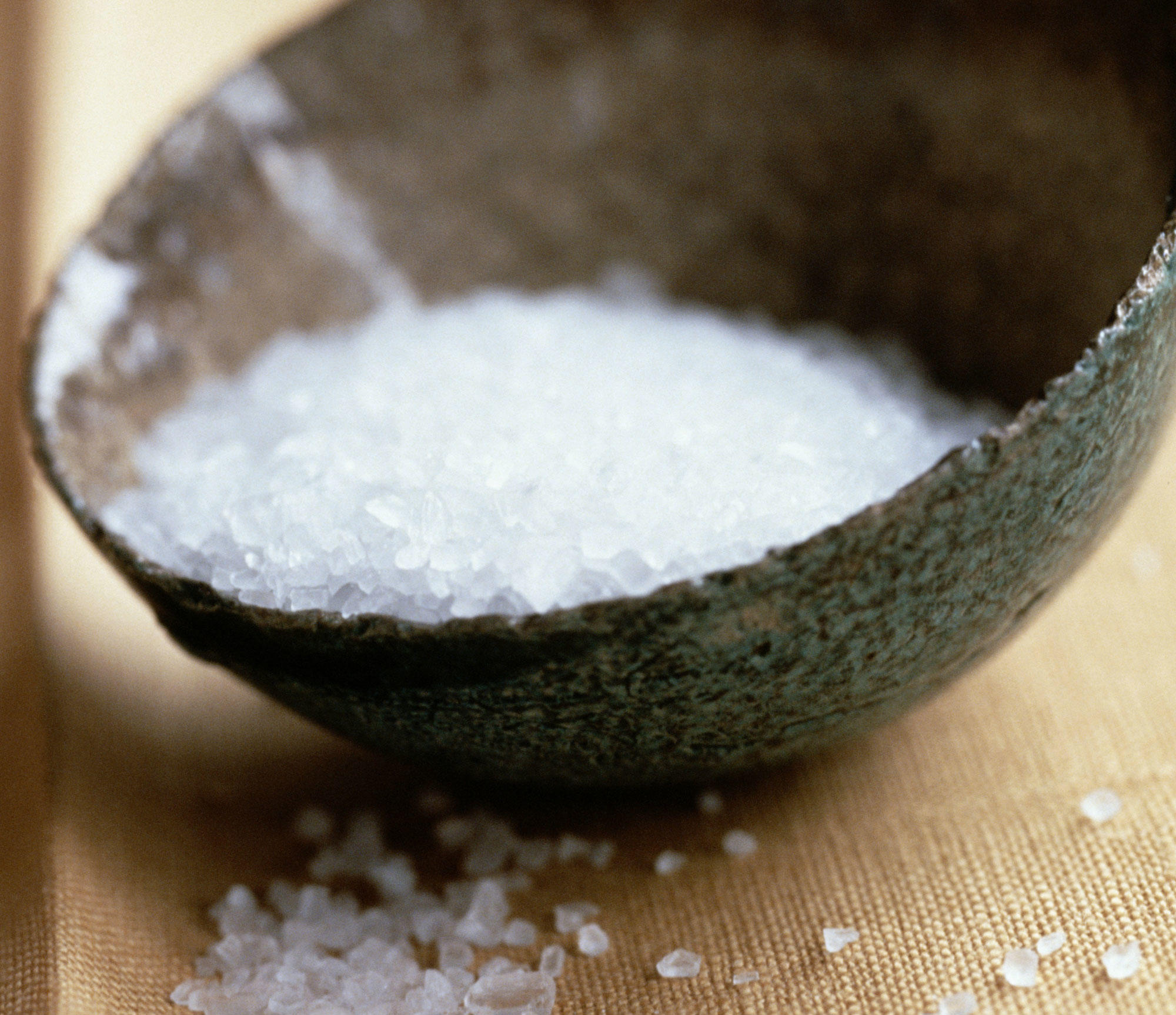Are you eating too much salt? Or are warnings about the sodium content of the modern American diet greatly exaggerated?
With respected scientists lined up on both sides of the debate, you may despair of ever getting a straight answer to this question. The reason for this impasse, according to a recent investigation by researchers from Columbia’s Mailman School of Public Health, is that scientists — like the rest of us — tend to pay more attention to information that reinforces what they already believe. According to their meta-analysis of hundreds of studies investigating the health effects of salt published between 1979 and 2014, experts on both sides of the issue were 50 percent more likely to cite reports that drew conclusions similar to their own, which means they did a poor job of addressing evidence that contradicted their hypotheses.
The Columbia researchers, who include postdoctoral fellow Ludovic Trinquart, doctoral student David Johns, and adjunct professor Sandro Galea ’03PH, discovered this practice of academic logrolling by studying the citation patterns of 269 studies. About half the papers concluded that reducing salt intake lowers a person’s risk of heart disease, stroke, and death; the other half argued that there was scant evidence to support that claim. “There are two almost distinct bodies of scholarship,” says Johns. “Each is driven by a few prolific authors who tend to cite other researchers who share their point of view.”
“There’s probably a lesson in here for all scientists, which is that we seldom pay attention to how long-held beliefs bias the questions we ask and the results we publish, even when new data becomes available,” says Galea, who is also the dean of public health at Boston University.



